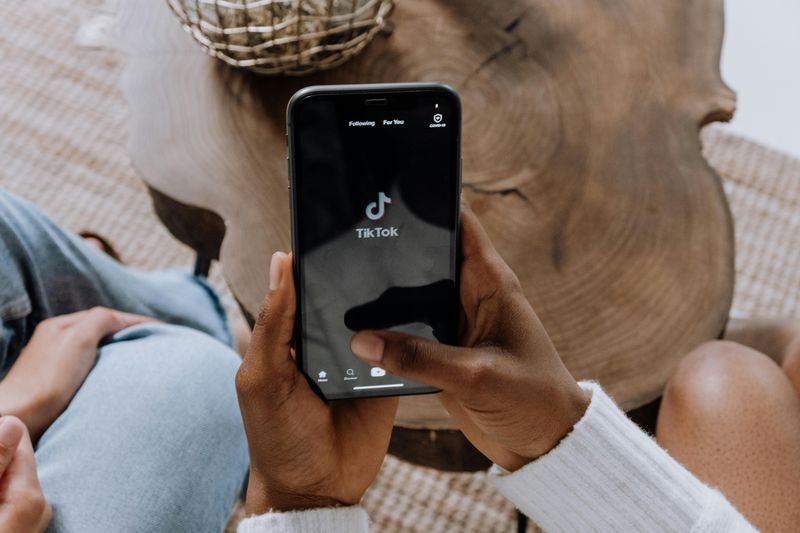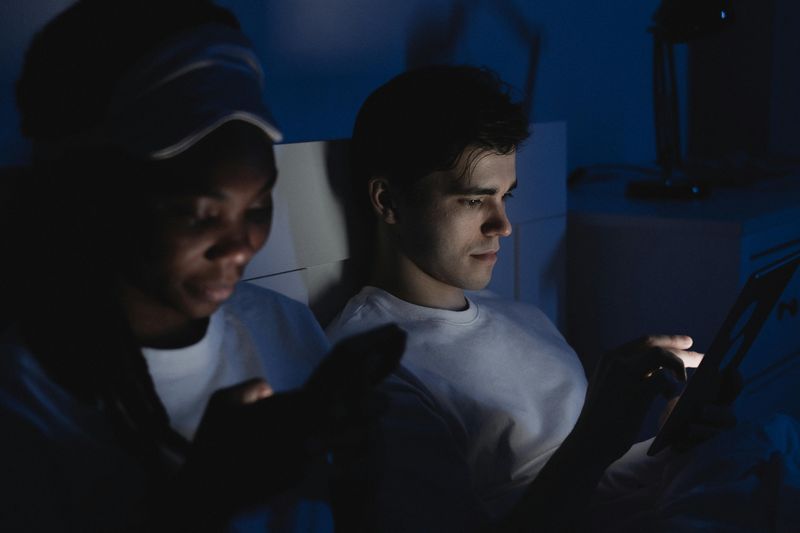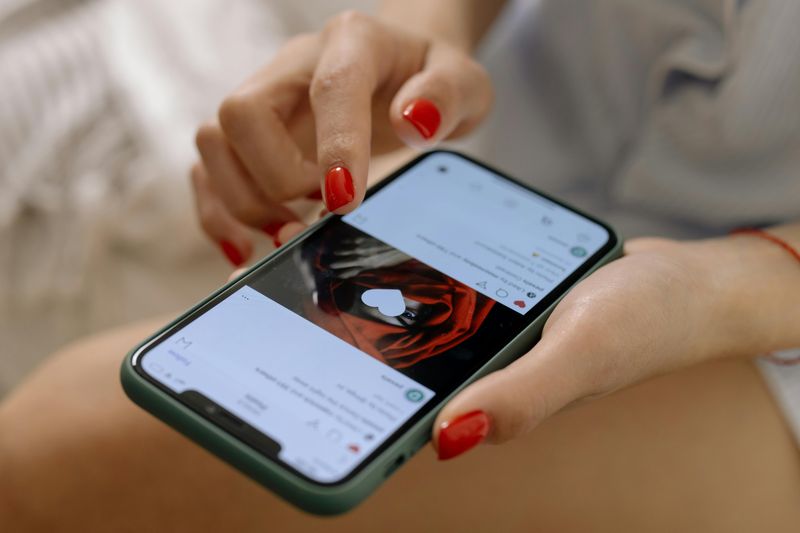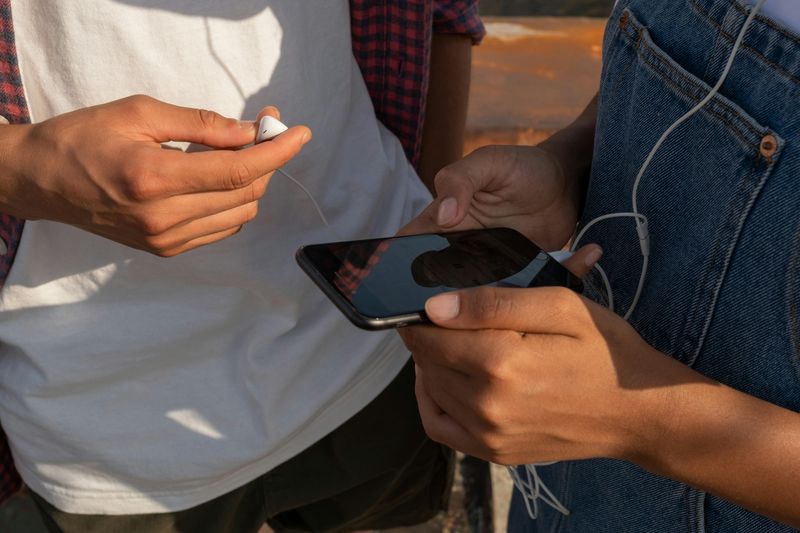Every day, billions of us scroll through our social media feeds without thinking about what’s happening to our brains. These digital platforms aren’t just showing us photos and updates – they’re actively changing how our brains work. The constant notifications, likes, and endless scrolling are rewiring our neural pathways in ways scientists are just beginning to understand.
1. Your Attention Span Is Shrinking

The average human attention span has dropped from 12 seconds to just 8 seconds since the rise of smartphones. That’s shorter than a goldfish! Social media platforms are designed to provide quick hits of information, training your brain to constantly jump between different stimuli.
Your brain adapts to this environment by becoming less capable of sustained focus. The constant switching between posts, videos, and notifications weakens your ability to concentrate on single tasks for extended periods.
This attention fragmentation follows you offline too. Many people find themselves unable to read books or complete work without checking their phone every few minutes.
2. Dopamine Loops Keep You Hooked

Every notification and like on social media sparks a dopamine release in your brain, engaging addiction-related pathways similar to those in gambling and substance abuse.
These dopamine loops explain why you reach for your phone first thing in the morning and check it dozens of times throughout the day. The unpredictable nature of rewards – not knowing when you’ll get your next like or comment – makes the experience even more addictive.
Brain scans show that heavy social media users display similar patterns to people with other behavioral addictions.
3. Your Sleep Quality Is Tanking

Your brain’s natural sleep cycle takes a hit when you scroll late, thanks to blue light from screens that suppresses melatonin, the hormone that helps you fall asleep.
The emotional stimulation from social media also keeps your brain in an alert state when it should be winding down. Whether you’re feeling FOMO from friends’ posts or stress from news updates, these emotions activate your sympathetic nervous system.
Poor sleep doesn’t just leave you tired – it impairs memory formation, emotional regulation, and decision-making abilities the next day. Your brain literally cannot function properly without quality sleep.
4. Comparison Traps Fuel Depression

Scrolling through carefully curated highlights of others’ lives tricks your brain into making unfair comparisons. Your brain doesn’t automatically distinguish between realistic portrayals and the heavily filtered, selectively shared moments you see online.
These constant comparisons trigger increased activity in brain regions associated with negative self-evaluation. Research shows that higher social media use correlates with increased depression rates, particularly among teenagers and young adults.
The brain’s tendency to focus on perceived shortcomings rather than personal achievements gets amplified in the social media environment, creating a mental feedback loop that can be difficult to break.
5. Your Memory Processing Is Changing

Social media is altering how your brain forms and retrieves memories. When you instantly document experiences for social sharing, your brain processes these moments differently than if you were fully present without technology.
Scientists call this the “Google effect” or digital amnesia – your brain becomes less inclined to store information it believes can be easily accessed later online. Your memory becomes more focused on where to find information rather than remembering the information itself.
This shift impacts your brain’s natural ability to consolidate experiences into meaningful memories, potentially weakening your personal narrative and sense of identity over time.
6. Constant Notifications Create Anxiety

The average smartphone user receives 46 push notifications daily. Each alert triggers your brain’s fight-or-flight response in small but meaningful ways, releasing stress hormones like cortisol throughout your system.
Your brain evolved to use this stress response for survival situations, not for handling a constant barrage of digital interruptions. The ongoing state of alertness creates a background level of anxiety that many people don’t even recognize as abnormal anymore.
Studies show that simply having your phone visible – even when not checking it – increases anxiety levels and decreases cognitive performance. Your brain remains partially occupied by the potential for notifications.
7. You Can’t Understand the Full Picture

Face-to-face interaction activates special brain cells called mirror neurons that help you understand others’ emotions. Digital communication strips away many nonverbal cues your brain needs to fully process emotional content.
Heavy social media users show decreased activity in brain regions responsible for empathy and emotional processing. The distance created by screens makes it easier to dehumanize others, leading to harsher judgments and reduced compassion.
Children who grow up with more screen time than face-to-face social interaction may develop different neural pathways for social understanding, potentially affecting their ability to form deep connections later in life.
8. Reality Perception Gets Distorted

By feeding you content that confirms what you already think, algorithms create a feedback loop that traps you in your own biased bubble.
Living in these information bubbles changes how your brain processes contradictory information. Studies show that people become more resistant to facts that challenge their views after spending time in algorithm-curated environments.
This narrowing of perspective affects your brain’s ability to engage in complex critical thinking. When rarely exposed to diverse viewpoints, the neural pathways that help evaluate different perspectives can weaken over time.
9. Your Impulse Control Is Weakening

Designed to sidestep your brain’s impulse control center, social media’s quick likes and shares reinforce habits that prioritize instant pleasure over thoughtful decisions.
This rewiring makes it harder to resist checking your phone, even during inappropriate moments like driving or important conversations. Many people report feeling genuine discomfort when unable to check their feeds, similar to withdrawal symptoms.
The weakened impulse control extends beyond social media use itself, potentially affecting other areas requiring self-discipline like healthy eating, exercise habits, and work productivity.

Comments
Loading…